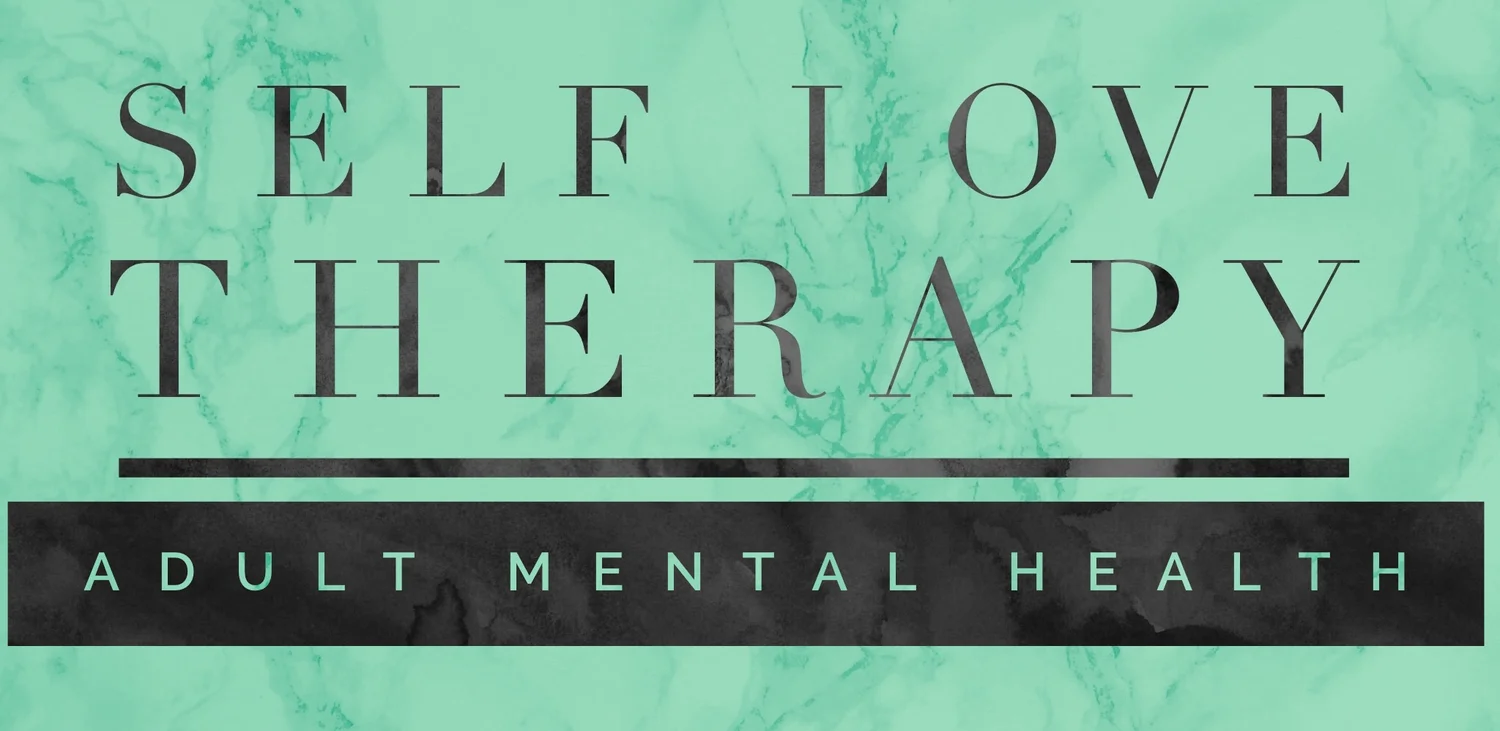“I am either too idle or too busy at work. It’s so frustrating! What’s my solution?” Has this ever been your question? When a job is monotonous or chaotic or both, you have to struggle constantly to remain focused — this can lead to fatigue and job burnout...but the problem is not the busyness of our external lives but the business of inside. Your style of breathing goes beyond only keeping you alive.
Mindfulness is moving from doing to just being
Virtually unplugged and living in an overloaded world, our attentions skills are challenged. Feeling liable in our demanding roles, gradually and mindlessly we fall on “another headache” getting closer to experience job burnout with serious medical consequences. This problem is common and often overlooked because we focus so much on doing while we are human beings.
Our inner mind might say “it is what it is! Deal with it [the way you normally do] for now” only to prolong staying under stress influence on mind and body; not to mention the possibility of suffering from lack of self-care.
The solution is a behavioral one that strengthens our brains’ vital functions. Mindfulness entails on-purpose attention to deep and slow breathing and it can reverse the health-compromising effects of living in an overloaded world. Reality is soon after the introduction of mindfulness to the business world, it meant business to corporate interests through enhanced employee performance.
Because the practice of mindfulness extends beyond breathing to include sitting, walking, eating, speaking, listening, even resting, it fits well in small to very large enterprises. Enhanced listening ability, for example, is a gift of mindfulness that lets you hear your clients and coworkers better by taking in their perspectives before judging their usefulness. The mindfulness practitioner and business owner places herself in the perspective of her client to better understand their needs and requirements.
No work environment is without its stresses, but employers who routinely practiced mindfulness stay non-reactive in the face of stressful circumstances for longer periods. This effect is enormously useful in building trust to thrive on further in monetary human relations.
Memory and attention span are two other cognitive functions essential to fulfilling job-related tasks. Capturing and retaining information is critical to the success of any business deal, and a single missed (or remembered detail) can be the difference between a win or a “learning opportunity”.
Because our ability to be fully present in any given moment has been compromised by our dependencies on connectivity to everyone, everywhere and all the time, we benefit from intentionally centering and anchoring ourselves in the moment-by-moment nature of our life experience. You may read more about and experience mindfulness meditation here, as this article doesn’t teach the technique though offers a few tips to deepen your practice:
1. Get offline! Yes, to go inside you don’t need Wi-Fi, so it’s better not to put your phone on silent and instead turn it off so to prepare better and embrace your own presence, in relation to yourself. Of 22000 usual breaths we take per day, most are unaware and not taken on-purpose. Modern gadgets consume our attentions. Beware!
2. Understand the basic importance of breathing. Shadow breathing can cause a cascade of negative effects: anxiety, inability to focus, increased cortisol levels, surge of adrenaline at inappropriate times leading to a constant low-grade fight or flight response. Taking deep and long breaths activates the parasympathetic nervous system by triggering the vagus nerve, calming the autonomic nervous system and decreasing cortisol, creating a centering feel that most people find pleasant.
3. Feel confident in your practice. If you are not working for certain companies where mindfulness programs are implemented or, similarly, if you are the only one among your colleagues who takes daily “meditation break”, take a stand in your place and bring a good practice to your organization’s culture.
4. Realize the power of one “mindful breath” in resetting your mind and body! Like many others, Karen May, vice president at Google, developed the ability to mentally recharge by taking one “mindful breath” before walking into every meeting. Regardless of the culture of an organization, mindfulness practice continues to add value to your leadership presence and effectiveness.
At the beginning and before putting down roots in your day, meditation practice presents to be a mundane, unsexy, unexciting, and even difficult daily discipline. Similarly, transformation can be unattractive and practical work. Five, 10, or 20 minutes of feeling your breath goes a long way in restoring your mental balance, equanimity, and flexibility. Paying on-purpose non-judgmental attention to whatever this moment has in store for you echoes a big statement about your worthiness in this world - and at your office!
Dr. Hessam


